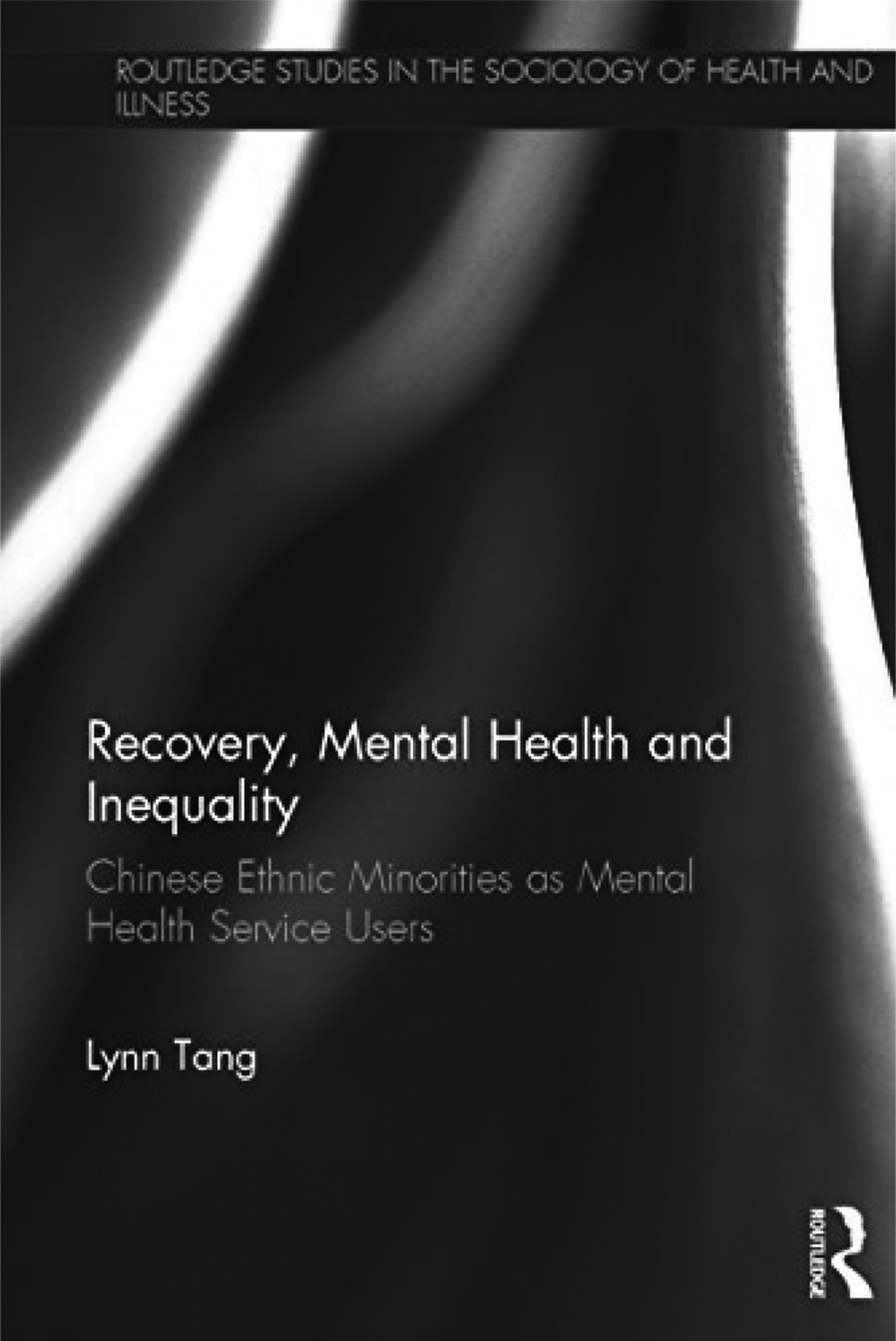
This is a book reporting on a study of Chinese people living in Birmingham. Even though it sets out to investigate the experiences of mental illness, its treatment and management within both the health and social care systems, and the manner in which social and cultural factors influence these experiences within the Chinese community, many of the findings and comments are applicable across the whole of society.
It is important to emphasise, at the outset, that the theoretical context and viewpoint that the author works within, will be unfamiliar to many psychiatrists, nonetheless the insights are often illuminating and always informative. The framework is the recovery model, an approach that is now so well embedded within mental health services that it is hardly novel and its influence on social policy commonplace to the degree that is unquestioned. What Tang does is to reinvigorate the concept by arguing for a central role for social justice in the recovery paradigm. She says that her aim is to explore ‘the lived experiences of a marginalised group of mental health service users’ thereby addressing how tackling multilevel inequalities fits into the recovery model.
Here is a complex and nuanced examination of the recovery model. It delineates the facets of recovery: recovery from illness, recovery from impairment and recovery from invalidation. It shows how the current emphasis within the recovery movement on empowerment ignores the immense structural forces of social inequality and how these constrain recovery. The focus is on the Chinese community, a community that in Britain is ‘invisible’ such that little is known about their utilisation of services and even less about the epidemiology of disorders within it. For this reason alone, this book is a welcome addition to the literature. But, it does more than merely foreground Chinese experiences of mental healthcare, it contributes to the field by demonstrating how a qualitative methodology that is anchored on rigorous theory can help further our understanding of the plight and position of people with mental illness.
Tang contextualises the varying push and pressures underlying Chinese migration to the UK from the nineteenth century to the present day. She emphasises the heterogeneity of the community in terms of origins, language, social class and education. She then draws on her research interviews to give a detailed exploration of how biography, cultural beliefs, dual citizenship, language and employment status, among other things determine or promote recovery.
This is very definitely a book that deserves to be read for its wider implication for practice and policy.



eLetters
No eLetters have been published for this article.